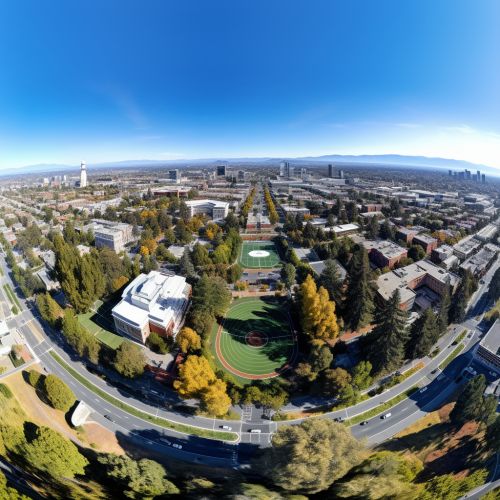Boris Podolsky
Early Life and Education
Boris Podolsky was born in Taganrog, Russia, on June 29, 1896. He moved to the United States in 1913, where he pursued his education in physics. He attended the University of California where he earned his Bachelor's degree in Physics in 1918.


Podolsky then attended the California Institute of Technology (Caltech) for his Master's degree, which he received in 1921. He continued his studies at Caltech, earning his Ph.D. in Physics in 1926. His doctoral thesis focused on the quantum mechanics of atoms and molecules.
Career and Contributions
After completing his Ph.D., Podolsky accepted a position as a research associate at the University of California, Los Angeles (UCLA). During his time at UCLA, he made significant contributions to the field of quantum field theory, a branch of theoretical physics that combines classical field theory, special relativity, and quantum mechanics.
In 1930, Podolsky accepted a position at Princeton University, where he collaborated with Albert Einstein and Nathan Rosen. This collaboration led to the formulation of the Einstein-Podolsky-Rosen (EPR) Paradox, a thought experiment that challenged the completeness of quantum mechanics. The EPR Paradox has been a significant topic in the philosophy of quantum mechanics and has played a crucial role in the development of quantum information theory and quantum computing.


In 1935, Podolsky left Princeton to join the faculty at Xavier University in Cincinnati, where he served as the head of the Physics Department until his retirement in 1961. During his tenure at Xavier, Podolsky continued his research in quantum mechanics and published numerous papers on the subject.
Legacy and Impact
Boris Podolsky's work, particularly the formulation of the EPR Paradox, has had a profound impact on the field of quantum mechanics. The paradox has spurred numerous debates and research efforts aimed at understanding the nature of quantum entanglement and the fundamental principles of quantum mechanics.
Podolsky's contributions to quantum field theory have also been significant. His research has helped shape the field and has influenced the work of many subsequent physicists.
